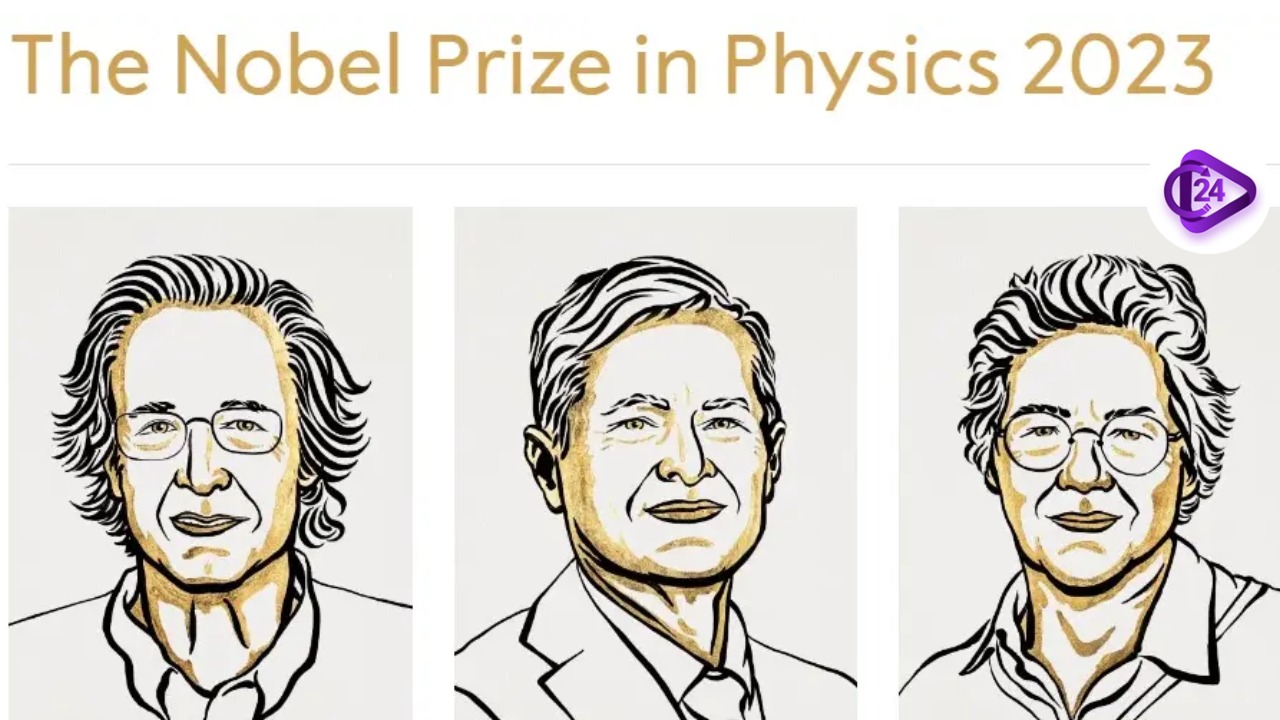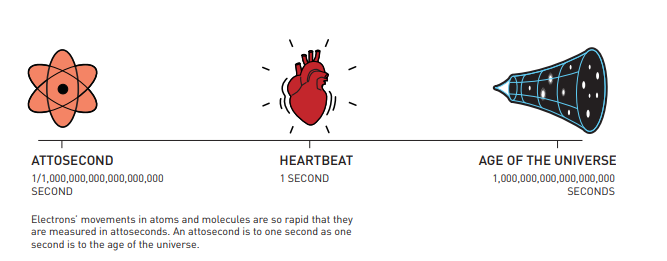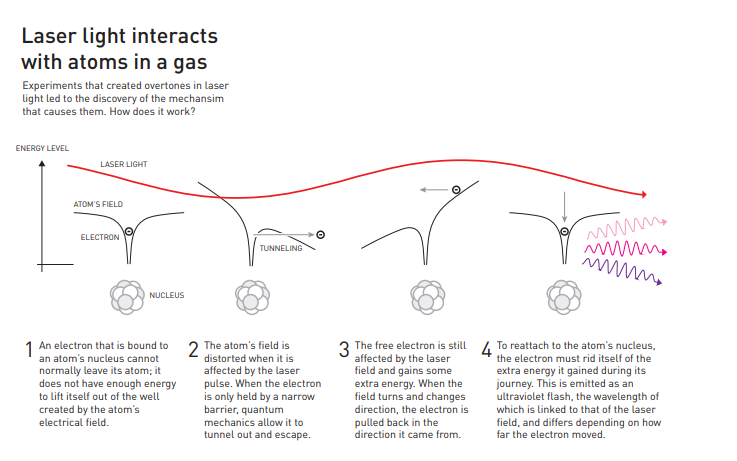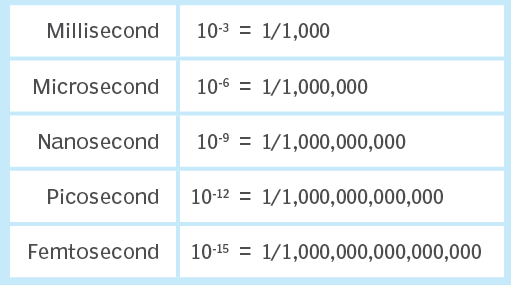Nobel Prize 2023 in Physics announced

The Royal Swedish Academy of Sciences has selected three scientists named Pierre Agostini, Ferenc Krausz, and Anne L'Huillier for the Nobel Prize 2023 in Physics. They have been selected for their experimental methods that produce attosecond pulses of light for the electron dynamics in matter study. The Nobel Prize will be given annually on December 10, the death anniversary of Alfred Nobel, who is known for his inventions like dynamite. The Nobel Prize is given in six categories i.e. Physiology or Medicine, Chemistry, Physics, Peace, Literature, and Economics science (it was added in 1968).
Nobel Prize 2023 in Physics:
-
In 2023, the Nobel Prize in Physics was awarded to Pierre Agostini (French experimental physicist), Ferenc Krausz (Hungarian-Austrian physicist), and Anne L’Huillier (French physicist).
-
This year, the prize was jointly shared by these distinguished scientists for their different theories.
Discovery of Anne L’Huillier:
-
During her experiment, she observed that many different light overtones arose when he transmitted infrared laser light through a noble gas
Discovery of Pierre Agostini:
-
During his experiment, he succeeded in investigating and producing a series of consecutive light pulses.
-
In this experiment, he observed that each pulse lasted just 250 attoseconds.
Discovery of Ferenc Krausz:
-
His experiment made it possible to separate a single light pulse that lasted 650 attoseconds.
What is Electron dynamics in Matter?
-
It refers to the study of the behavior and motion of electrons within atoms, molecules, and solid materials.
-
It incorporated various aspects of electron behavior, such as movement, interactions with electromagnetic fields, responses to external forces, and many more.
What is Electrons?
-
They are fundamental particles with a negative charge.
-
They orbit the dense nucleus.
What is attosecond?
-
In attosecond, atto refers to the scientific notation prefix that represents 10-18.
-
It is a decimal point, which is followed by 17 zeroes and 1.
-
There are approximately as many attoseconds in one second.
-
In short, attosecond is an astonishingly short unit of time.
-
It is equivalent to one quintillionth of a second (or 10 to the power of 18 seconds).
-
If a second were stretched to cover the entire age of the universe, an attosecond would be just a fraction of a second.

Laser light interacts with atoms in a gas

Splits seconds

Some interesting Nobel Prize for Physics:
|
Discovery |
Year |
Recipients |
|
Discovery of the remarkable rays (X-Rays) |
1901 |
Wilhelm Conrad Röntgen |
|
Discovery of spontaneous radioactivity |
1903 |
Antoine Henri Becquerel |
|
Researches on the radiation phenomena |
1903 |
Pierre Curie and Marie Curie, née Sklodowska |
|
Discovery of argon |
1904 |
Lord Rayleigh |
|
Discovery of the diffraction of X-rays by crystals |
1914 |
Max von Laue |
|
Discovery of the Doppler effect in canal rays |
1919 |
Johannes Stark |
|
Discovery of the law of the photoelectric effect |
1921 |
Albert Einstein |
|
Scattering of light |
1930 |
Sir Chandrasekhara Venkata Raman |
|
Discovery of the neutron |
1935 |
James Chadwick |
|
Discovery of cosmic radiation |
1936 |
Victor Franz Hess |
|
Discovery of the positron |
1936 |
Carl David Anderson |
Indians won the Nobel Prize in Physics:
|
Recipients |
year |
Reason |
|
Chandrasekhara Venkata Raman |
1930 |
He was awarded for his work on the scattering of light and later the discovery of the effect named after him. |
|
Subrahmanyan Chandrasekhar |
1983 |
He was awarded for his theoretical studies of the physical processes of importance to the structure and evolution of the stars. |
How many women won the Nobel Prize in Physics?
So far, only five women were awarded with the prestigious Nobel Prize in Physics. The list of women recipients is as follows:
|
Recipients |
year |
Reason |
|
Anne L’Huillier |
2023 |
She was awarded for experimental methods that produce attosecond pulses of light for the electron dynamics in matter study |
|
Andrea Ghez |
2020 |
She was awarded for the discovery of a supermassive compact object at the centre of our galaxy |
|
Donna Strickland |
2018 |
She was awarded for groundbreaking inventions in the field of laser physics |
|
Maria Goeppert Mayer |
1963 |
She was awarded for their discoveries concerning nuclear shell structure |
|
Marie Curie, née Sklodowska |
1903 |
She was awarded for the extraordinary services they have provided by their joint researches on the radiation phenomena, which was discovered by Professor Henri Becquerel |
How many times Nobel Prize in Physics awarded two times?
John Bardeen is the only awardee in the Physics, who has been awarded the Nobel Prize in Physics twice i.e. 1956 and 1972.




